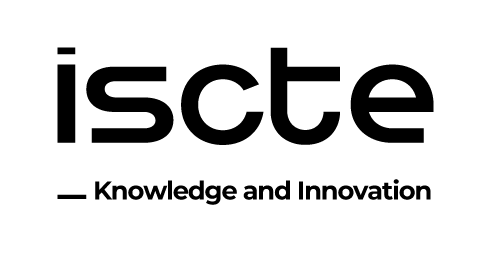
Text by: Rita Alves
Published by OberCom – Observatório da Comunicação, in collaboration with the Reuters Institute for the Study of Journalism, this year's report offers a detailed overview of how Portuguese citizens obtain information, trust (or distrust) the news, and deal with the technological changes shaping the global media ecosystem.
In addition to tracking key indicators such as news sources, trust, types of platforms used, and payment for content, the 2025 report pays special attention to three fundamental and current topics:
- Artificial Intelligence in journalism: How do audiences perceive the use of AI in newsrooms? Is technology seen as an ally or a threat to journalistic credibility and quality?
- Fact-checking: Which fact-checking practices are most visible? And how do audiences respond to them?
- Media literacy: How does the level of news literacy influence readers' behavior? What changes when the public knows how to identify a reliable source?
Portugal in the global context
This report is part of an international effort, which in 2025 includes data collected in 48 countries, covering approximately 97,000 Internet users. Serbia is included in the study for the first time, joining the list of countries analyzed, which already included Morocco since 2024. In Portugal, the representative sample (n=2014) considers factors such as education, gender, age, and region.
As in previous years, OberCom warns of possible occasional distortions caused by significant media events during the data collection period—between January and February 2025—such as elections, conflicts, or public health issues.



